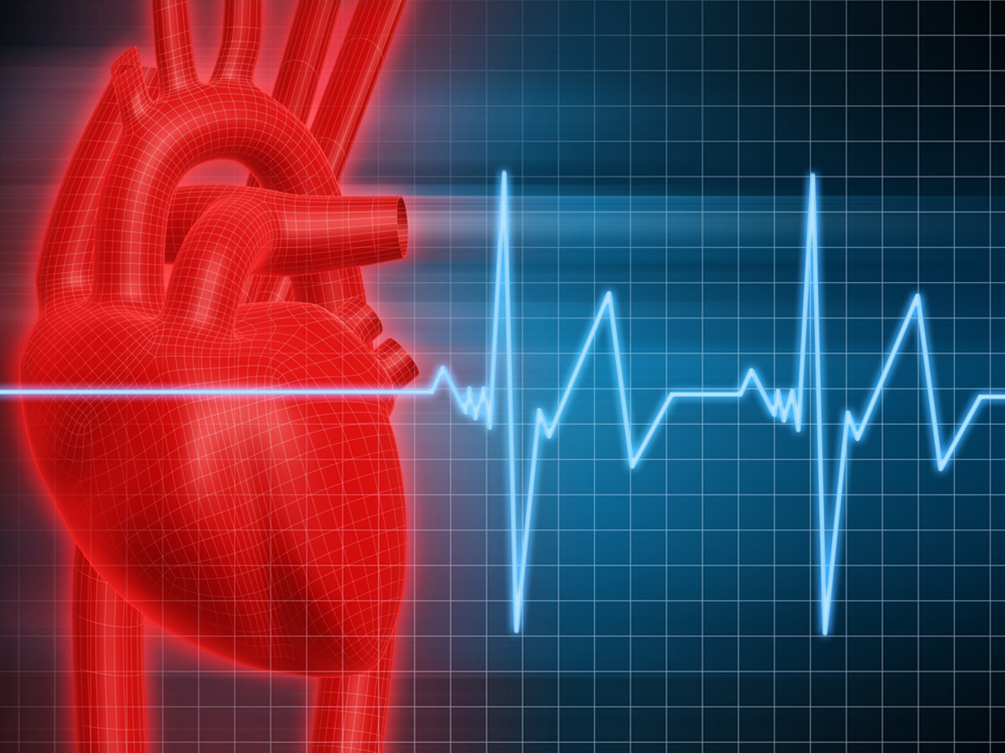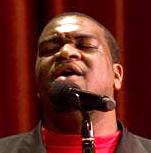 Few things are more devastating than a stroke. It can take a vibrant, apparently healthy person and cripple him in a matter of moments. Hispanics and African Americans are at much higher risk for stroke than are Caucasians, because they have a higher prevalence of factors such as high blood pressure and diabetes.
Few things are more devastating than a stroke. It can take a vibrant, apparently healthy person and cripple him in a matter of moments. Hispanics and African Americans are at much higher risk for stroke than are Caucasians, because they have a higher prevalence of factors such as high blood pressure and diabetes.
Stroke prevention is still the best medicine. The most important treatable conditions linked to stroke are:
- High blood pressure. Treat it. Eat a balanced diet, maintain a healthy weight, and exercise to reduce blood pressure. Drugs are also available.
- Cigarette smoking. Quit. Medical help is available to help quit.
- Heart disease. Manage it. Your doctor can treat your heart disease and may prescribe medication to help prevent the formation of clots. If you are over 50, NINDS scientists believe you and your doctor should make a decision about aspirin therapy.
- Diabetes. Control it. Treatment can delay complications that increase the risk of stroke.
- Transient ischemic attacks (TIAs). Seek help. TIAs are small strokes that last only for a few minutes or hours. They should never be ignored and can be treated with drugs or surgery.
Most of what we read focuses on the lifestyle habits that can help reduce risk, but it’s also crucial to understand the warning signs of a stroke. Should any of these occur, seek medical help immediately!
If you can remember HELP NOW, you can remember the warning signs of stroke. They include:
H – Headache: A sudden, severe headache, particularly in someone with no history of headaches.
E – Eyesight: A sudden change in vision in either eye or both eyes.
L – Language: Sudden difficulty in talking or understanding speech.
P – Paralysis: The sudden onset of a complete inability to use a part of the body, especially an arm and a leg on the same side.
N – Numbness: The sudden onset of numbness on the face, an arm, and/or a leg, especially on the same side.
O – Orientation: The sudden onset of disorientation or confusion.
W – Weakness: The sudden onset of weakness in an arm and/or leg, especially on one side. This needs to be evaluated even if the person still has some use of the extremity.
Prevention is the key. In the event that symptoms occur in spite of your preventive measures, every second counts. Call 911 for help immediately.
Recurrent stroke is frequent; about 25 percent of people who recover from their first stroke will have another stroke within 5 years.
Health and happiness, Kriss
For resource information, contact:
|
American Stroke Association: A Division of American Heart Association |
Brain Aneurysm Foundation |
|
Brain Attack Coalition |
National Stroke Association |
|
National Aphasia Association |
Children’s Hemiplegia and Stroke Assocn. (CHASA) |
|
Hazel K. Goddess Fund for Stroke Research in Women |
Heart Rhythm Foundation |
|
American Health Assistance Foundation |



No Comments